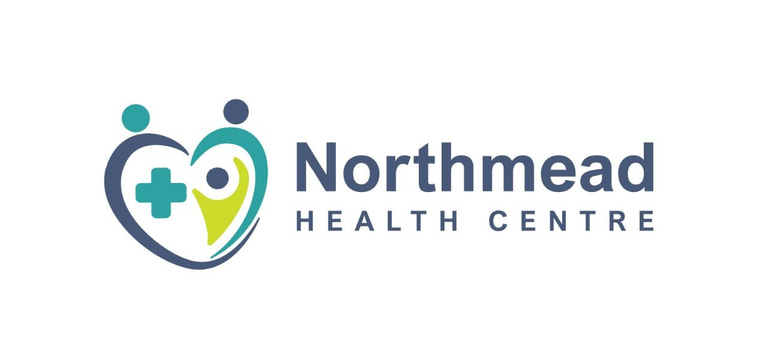The Unsung Hero of Oral Health: Flossing
Flossing, the often overlooked yet essential step in one's oral care routine, is often relegated to the sidelines, overshadowed by its more celebrated counterpart, brushing.
11/19/20232 min read


Flossing, the often overlooked yet essential step in one's oral care routine, is often relegated to the sidelines, overshadowed by its more celebrated counterpart, brushing. However, flossing plays a crucial role in maintaining good oral health and preventing a host of dental problems. In this blog post, we'll delve into the value of flossing, highlighting its benefits and debunking common misconceptions.
Why Flossing Matters
Brushing, while undoubtedly essential, cannot reach the tight spaces between teeth, leaving behind food particles and plaque, a sticky film of bacteria. These trapped particles become a breeding ground for bacteria, producing acids that erode tooth enamel and lead to cavities and gum disease. Flossing is the unsung hero, effectively removing these trapped particles and plaque from the areas where the toothbrush can't reach.
Flossing Benefits: A Healthy Smile's Secret Weapon
The benefits of flossing extend far beyond simply removing food particles and plaque. Here are some of the key advantages of incorporating flossing into your daily oral care routine:
Reduces Cavity Risk: By removing plaque and food particles from between teeth, flossing helps prevent the formation of cavities, the most common chronic childhood disease in America.
Combats Gum Disease: Flossing effectively removes plaque from the gum line, preventing the buildup that leads to gingivitis, the early stage of gum disease. If left untreated, gingivitis can progress to periodontitis, a severe form of gum disease that can damage the soft tissues and bone supporting your teeth, leading to tooth loss.
Freshens Breath: Food particles trapped between teeth can contribute to bad breath. Flossing helps eliminate these particles, promoting fresher breath and reducing unpleasant odors.
Enhances Overall Oral Health: By removing plaque and bacteria, flossing promotes overall oral health, reducing inflammation and preventing a range of dental problems.
Global Flossing Statistics: A Tale of Two Stories
Despite the clear benefits of flossing, global statistics paint a concerning picture. According to the American Dental Association (ADA), only about 18% of adults floss daily. This low rate of flossing is a major contributor to the prevalence of dental problems worldwide.
In contrast to the United States, where flossing rates are relatively low, other countries have embraced this essential oral care practice with greater enthusiasm. For instance, studies have shown that flossing rates in Japan and Australia exceed 60%. This difference in flossing habits likely contributes to the lower rates of dental disease in these countries compared to the United States.
Debunking Flossing Myths
Flossing is often shrouded in myths and misconceptions that deter people from incorporating this practice into their oral care routine. Here are some of the most common myths debunked:
Myth: Flossing can damage your gums.
Fact: Proper flossing technique is gentle and does not harm healthy gums. However, if you have inflamed or bleeding gums, it's best to consult your dentist for guidance on the appropriate flossing method.
Myth: Flossing is too time-consuming.
Fact: Flossing only takes a few minutes each day and can be easily incorporated into your morning or evening routine.
Myth: Brushing is enough to remove plaque and food particles.
Fact: Brushing alone cannot reach the tight spaces between teeth, leaving behind plaque and food particles that flossing effectively removes.
Embrace the Floss: A Path to a Healthier Smile
Flossing is an essential yet often overlooked step in maintaining good oral health. By incorporating flossing into your daily routine, you can reap a multitude of benefits, from preventing cavities and gum disease to freshening breath and enhancing overall oral health. Remember, flossing is not a replacement for brushing but rather a complementary practice that ensures a thorough and effective oral care regimen. So, embrace the floss, and embark on a journey towards a healthier, happier smile.

